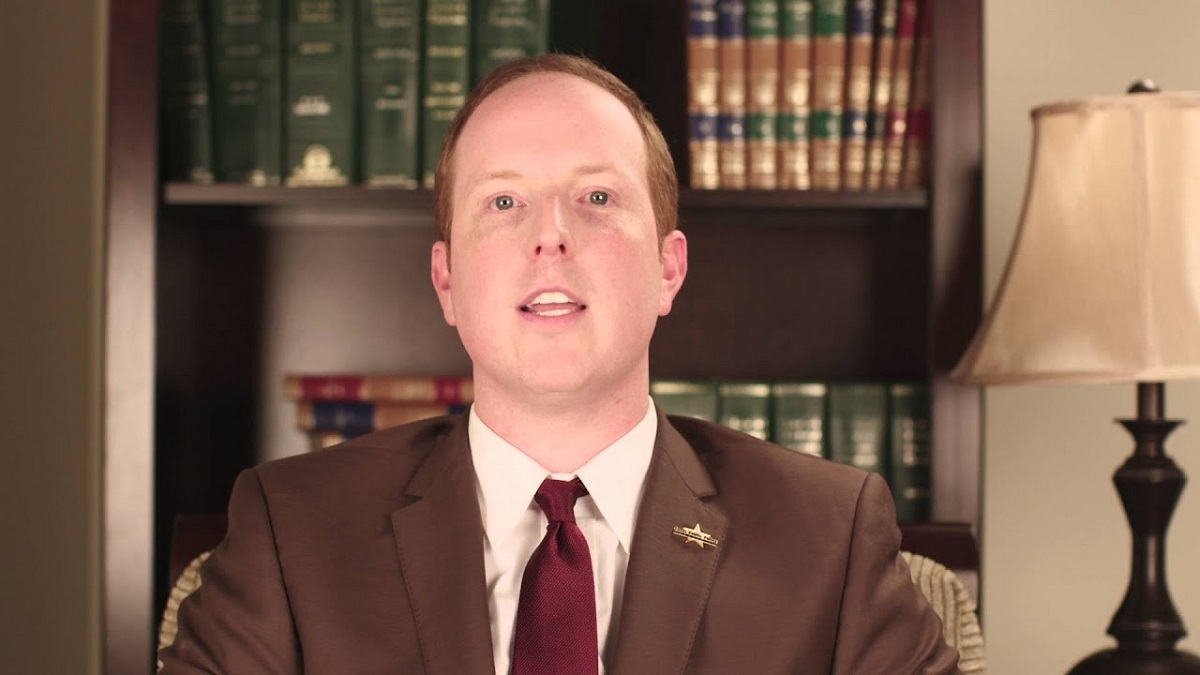Texas will reduce its onerous property tax burden. It’s a matter of when, not if, Texas Public Policy Foundation chief economist Vance Ginn predicts. That when could be during the current special session of the Texas Legislature, Ginn told Austin Journal.
If lawmakers listen to the public, they will act, he said.
A June survey of Texas voters found that more than 80% of respondents believe property taxes are a “serious issue” in Texas, while nearly three in four voters said they would be “upset” if the legislature failed to address the matter of taxes in its current sessions. The survey report also detailed that these opinions have held steady for at least a year and a half.
“What we found, and we do a lot of polling, is that Texans want lower property tax bills, not just slowing the growth rate of property taxes, but actually paying a lower amount for the year,” he said.
The state has the money to reduce property taxes, Ginn said. State Comptroller Glenn Hegar said Texas will have a $7.85 billion surplus for the 2022-23 biennium.
“The Texas economy rebounded strongly this spring as vaccination rates increased and the economy opened more fully, and we remain optimistic about growth in the near term as the state’s economy continues to return to pre-COVID-19 patterns,” Hegar stated in a July 7 letter to state leaders. “There remain reasons to expect strong revenue collections in the coming months and economic activity could outpace this current revenue estimate.
"We have seen exceptionally strong sales tax collections despite remittances from oil- and gas-related industry sectors remaining significantly below pre-pandemic levels," he said. "An increase in oilfield activity resulting from the recent rise in oil prices could support continued sales tax growth. And personal savings remain elevated, providing potential support for continued strength in consumer spending.”
Ginn said this offers a golden opportunity to reduce the property tax burden on Lone Star State residents.
“We're suggesting at least $5 billion of that $7.85 billion would be used to cut property taxes across the state,” he said. “The way they would do that would be to what's called compressed, or lower the tax rate for the school maintenance and operation portion of the property tax, which is nearly half of the property taxes that are paid in taxes. At least using $5 billion would provide at least a little bit of a lower property tax bill for most Texans. That's why we're saying at least $5 billion of that needs to be used to pay property tax bills.”
The money would be sent to school districts only, he said, not cities, counties and special purpose districts.
“This is the 40%, almost 45% of the property taxes paid across the state,” Ginn said. “What they would do is put, let's say, $5 billion into that, and then that would compress or lower the property tax rates for the school districts.”
This could happen during the current special session, he said.
“There's not a bill yet to do so. In that sense, there's not. But there is certainly conversation about what to do with that surplus,” Ginn said. “And many members are interested in providing ways to provide property tax relief. Now, there are two bills that have already been passed by the Senate, Senate Bill 8 and Senate Bill 12. Those two would provide some property tax relief, but not much for most Texans.”
SB 8 would provide an immediate homestead exemption instead of starting next January, while SB 12 provides some homestead exemption relief to people who are over the age of 65 or are disabled.
He said House Bill 122 would put the state on a path to eliminating nearly half the property tax burden in Texas by 2040.
Texans can help move this issue forward, Ginn said, if they contact elected officials and state their case of why they're tired of paying higher property tax bills.
In releasing its plan to ease the property tax burden on Texas taxpayers, TPPF analysts Ginn, James Quintero and EJ Antoni said there is growing evidence that the time is now for a change.
“Local governments are taxing Texans out of their homes. This deeply unfair situation must be made right — and soon,” said Quintero, the policy director for TPPF’s Government for the People initiative. “Texans are eager for big, transformative changes from our state leaders.”
Ginn said property taxes are on an unsustainable rate of increase.
“Local property taxes have been growing faster than the average taxpayer’s ability to pay for them, which places an undue burden on Texans and stifles economic growth,” he said. “Elevated and rising property taxes limit Texans’ opportunities to save, invest and leave a legacy for future generations.”
Antoni, a TPPF economist, said Texans are fed up with paying exorbitantly high property taxes.
“The small steps that have been taken to reduce these taxes have been completely eclipsed by how quickly these taxes have grown — far more than the average Texan’s ability to pay,” he said.
According to the Tax Foundation, at 1.69% Texas has the nation's seventh-highest property taxes paid as a percentage of housing value.
At $3,099, Texans’ annual property tax bill in terms of the state’s median property value, was the 15th-highest, according to a Wallet Hub study based on 2019 census data. On average a U.S. household spends $2,471 in property taxes each year.
Ginn said it's time to act.
“I believe we will see significant tax relief this coming year,” he said. “And I believe that we can get something passed that would set us up for a path to eliminating nearly half the property tax burden in Texas.”

